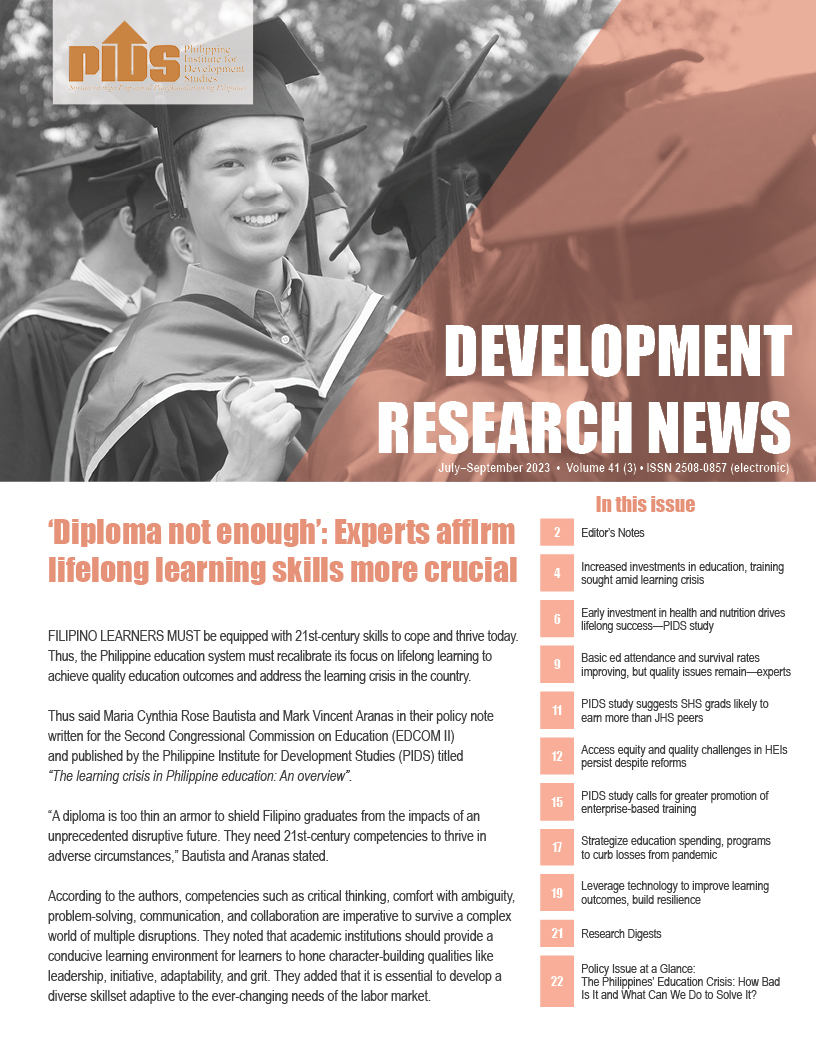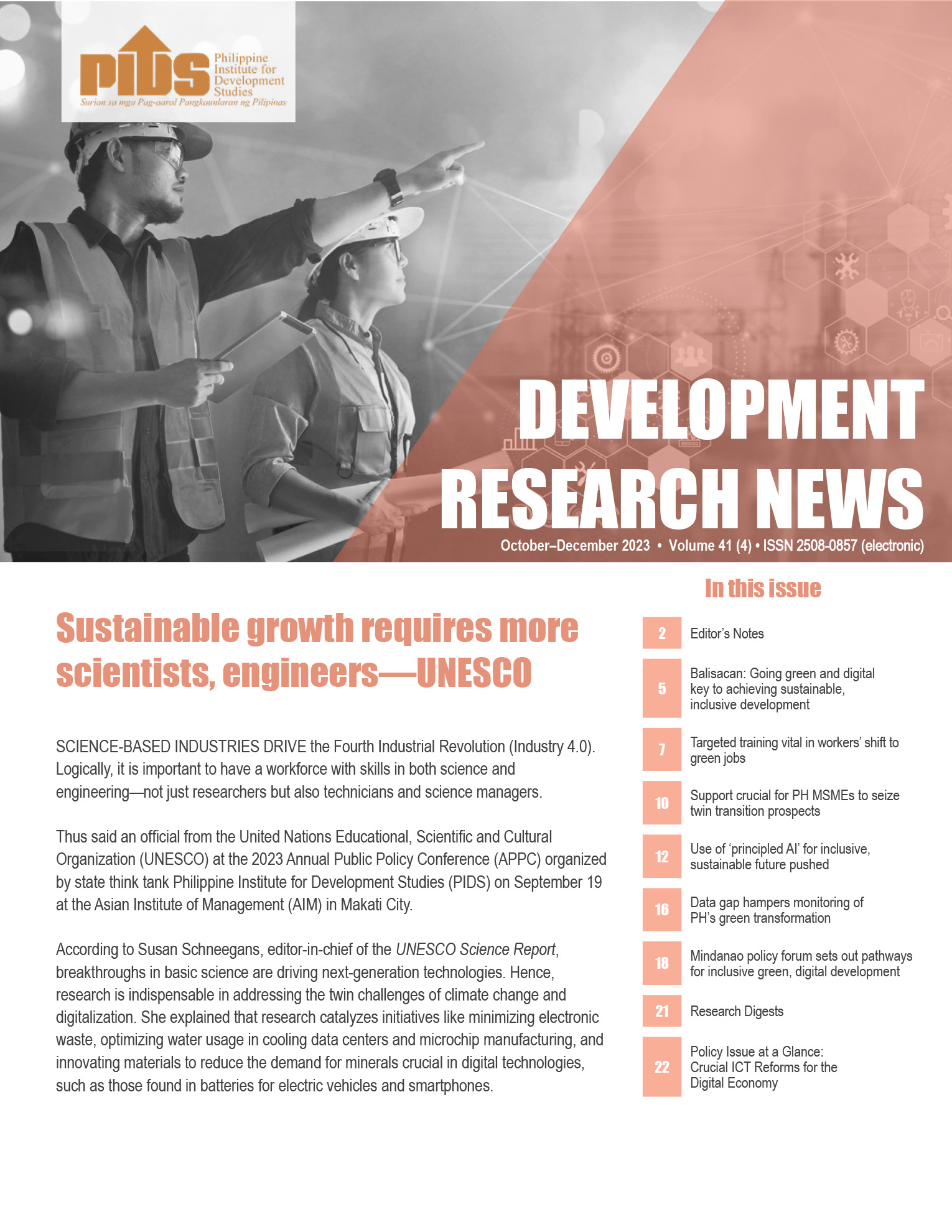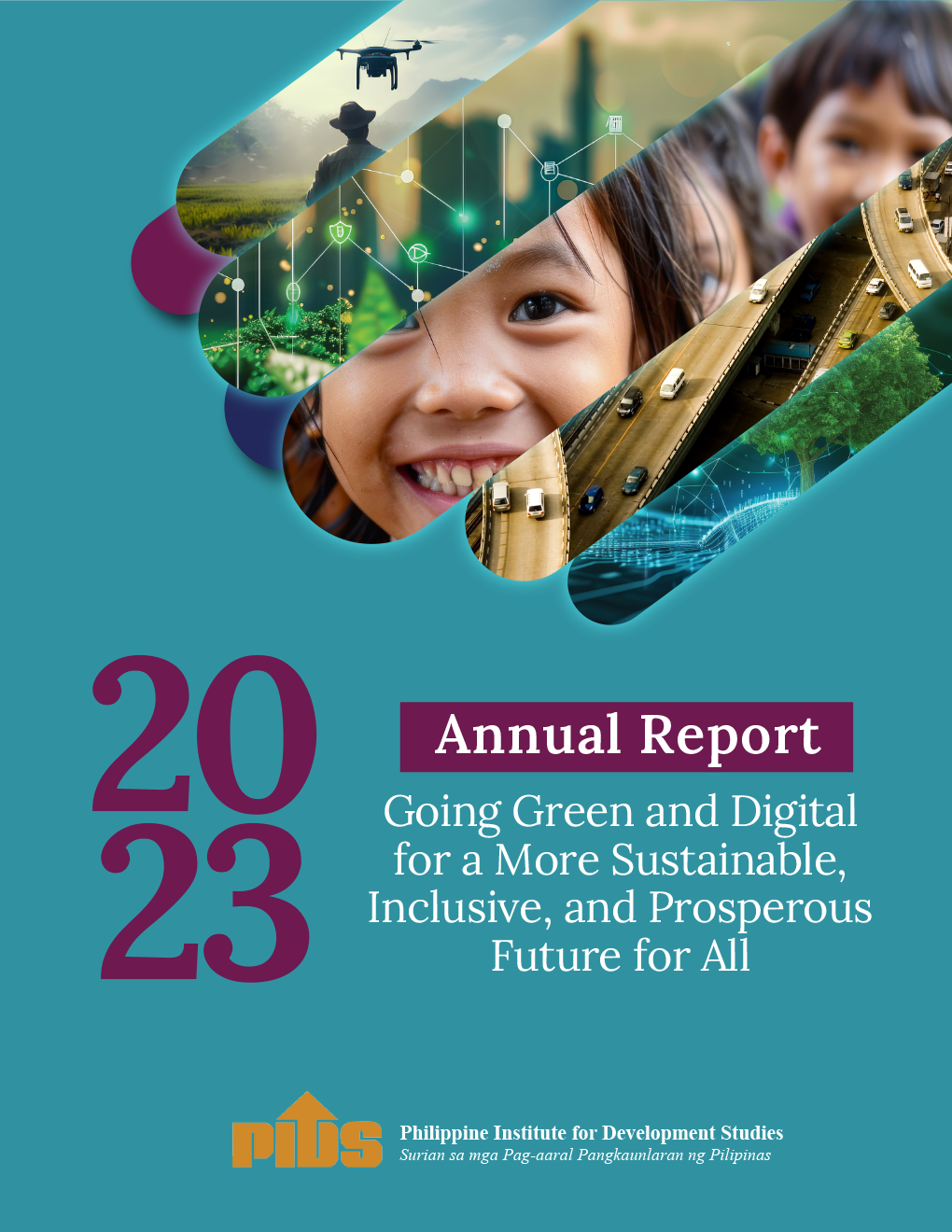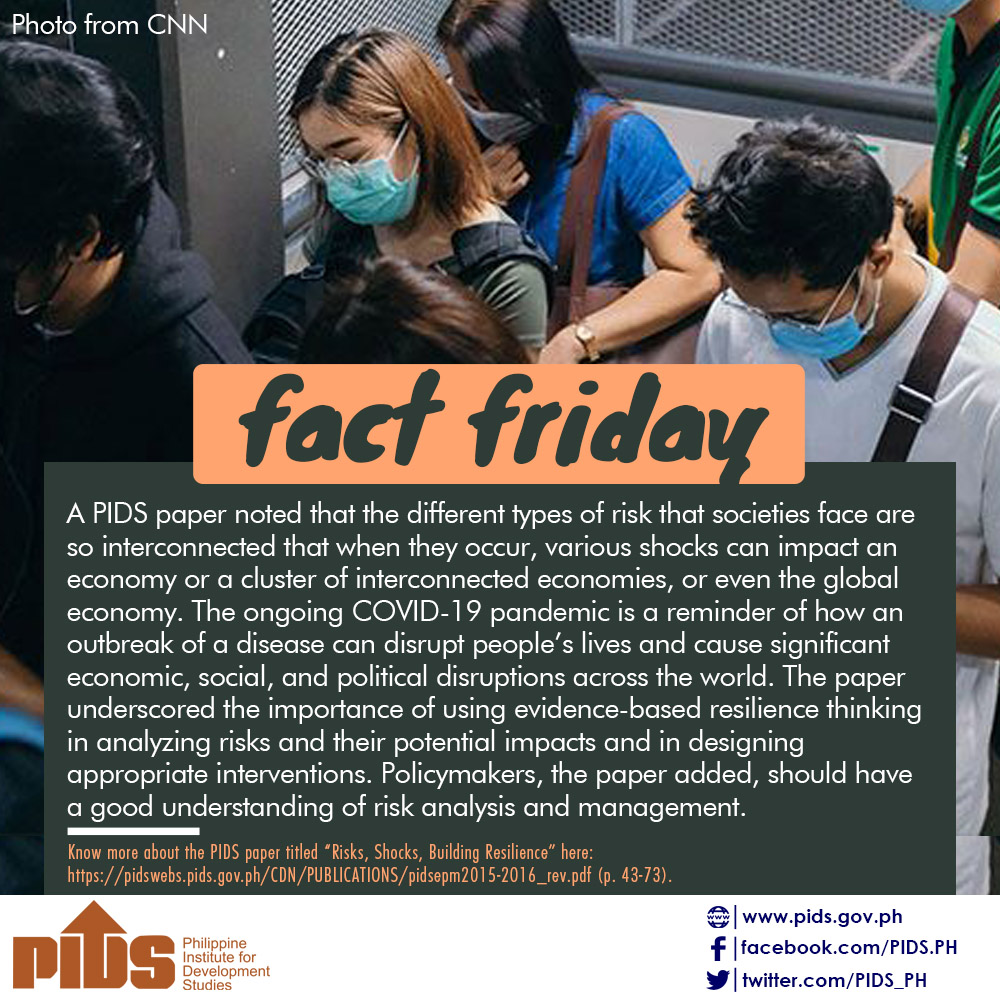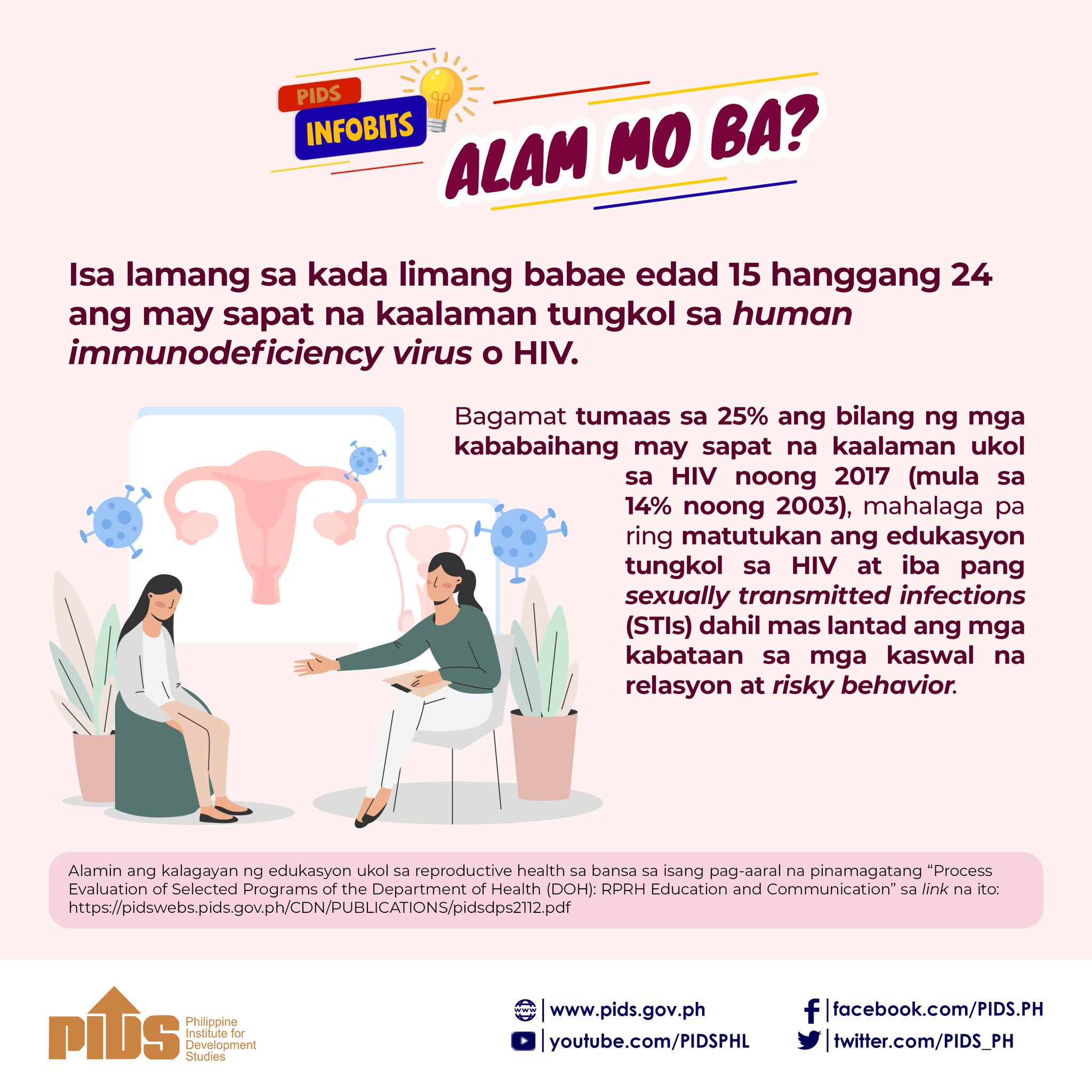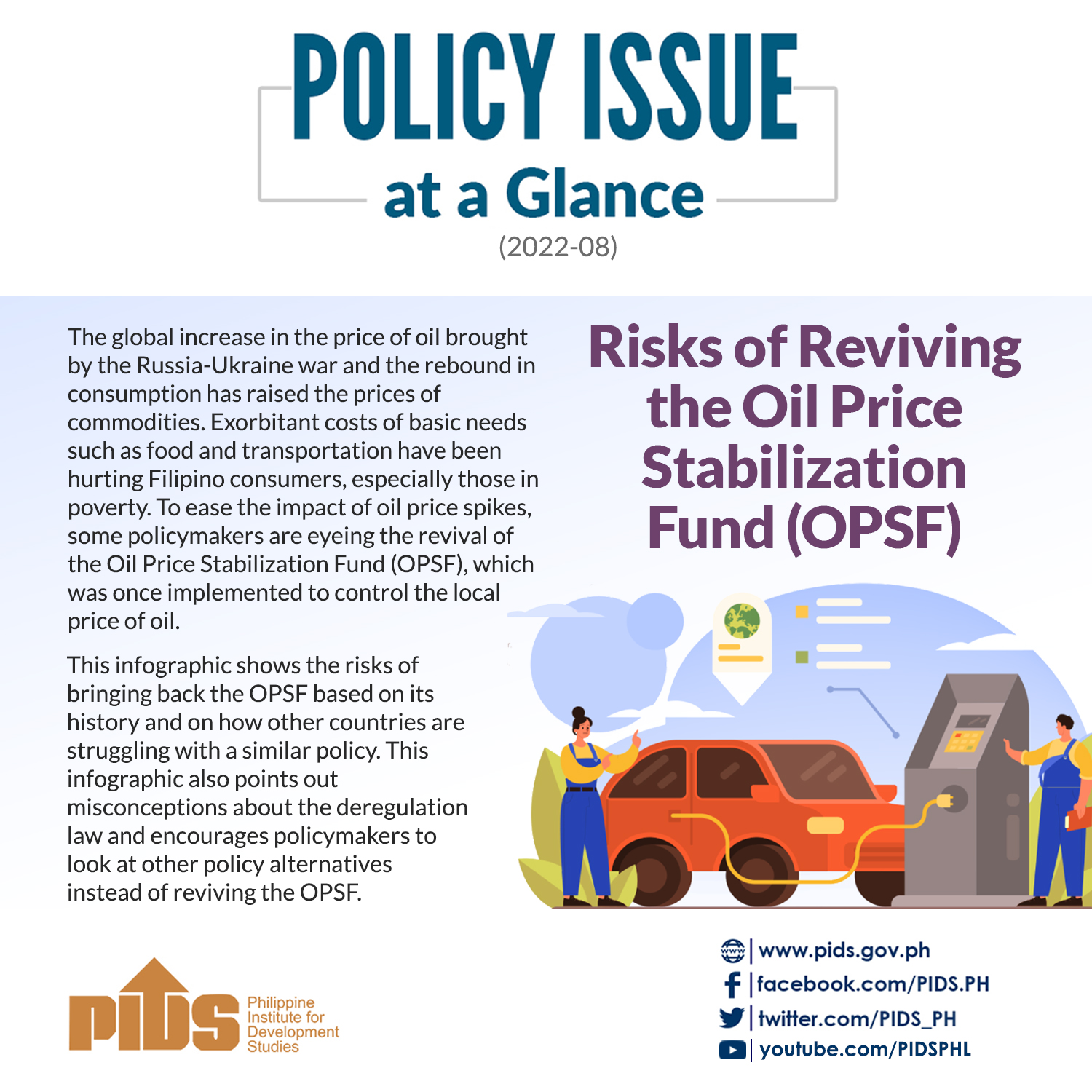THE risk of spreading coronavirus 2019 (Covid-19) may be too high if the government decides to open malls at this time, according to local economists.
Former Socioeconomic Planning Secretary Cielito F. Habito told BusinessMirror that apart from malls, allowing tourism establishments and restaurants would also be a risk at this time.
Earlier, former National Economic and Development Authority (Neda) Secretary Ernesto M. Pernia recommended the opening of businesses to allow them to “defray costs” especially at this time.
“Industries where social distancing is possible like construction, logistics [and] many services can resume ahead of others where risks are higher like malls, tourism, restaurants,” Habito said.
De La Salle University economist Maria Ella C. Oplas told BusinessMirror that restaurants may be allowed to open but without their dine-in services.
Businesses like hardware and other establishments that can deliver their products or perform online transactions should also be allowed to open.
She said bookstores should think of delivering books and educational institutions should be able to conduct hybrid classes.
“It’s difficult if people flock to the malls. We are not even sure that we have flattened [the curve] already,” Oplas said. “Businesses allowed to operate should be limited. The government should assess the demand aside from the essentials.”
Ateneo Center for Economic Research and Development (Acerd) Director Alvin P. Ang told BusinessMirror that a gradual opening of essential businesses can be allowed.
These include businesses that can manage physical distancing such as food, logistics, agriculture and manufacturers of personal protective equipment (PPE). These should be allowed to operate, Ang said.
Health system first
However, University of the Philippines economist Toby Melissa C. Monsod said it is important to remember that allowing businesses to operate should be based on whether the health system at the national and local level is ready for it.
“It is myopic to justify it on basis of ‘defraying costs’,” Monsod said. “If [the health system is] not ready, then people and the economy could very well be worse off.”
Monsod added that businesses may also be concerned for the health of their staff and the survival of their business at this time.
She said allowing businesses to operate in order to defray costs would not be sufficient reason to allow them to open immediately.
Philippine Institute for Development Studies (PIDS) Research Fellow Jose Ramon G. Albert agreed with Monsod and said that the opening of businesses and operation of mass transport facilities will happen, but life will be altered after Covid-19.
“Even if some businesses and some public transport are allowed immediately after April 30 or weeks later, clearly how we work and relate with each other will have to change from the ways we did things prior to the onset of Covid-19,” Albert said.
Earlier, Pernia said the government should help businesses cope with the pandemic by allowing a temporary reprieve of demurrage and customs fees or waiving of navigational charges for the airline industry, which has been among the hardest hit with the restrictions on mobility.
“While the government has eased the burden to businesses by allowing rent, bills and utilities payment extension, efforts should also be given to help them restart their operations and defray the cost of lost revenues,” he had said.
This, after the Philippine Statistics Authority reported that the country’s total merchandise trade contracted by 5.9 percent, reaching $12.5 billion in February 2020.
February’s trade performance was caused mainly by the 11.6-percent decline in imports, even as exports managed to post a positive growth of 2.8 percent.
Former Socioeconomic Planning Secretary Cielito F. Habito told BusinessMirror that apart from malls, allowing tourism establishments and restaurants would also be a risk at this time.
Earlier, former National Economic and Development Authority (Neda) Secretary Ernesto M. Pernia recommended the opening of businesses to allow them to “defray costs” especially at this time.
“Industries where social distancing is possible like construction, logistics [and] many services can resume ahead of others where risks are higher like malls, tourism, restaurants,” Habito said.
De La Salle University economist Maria Ella C. Oplas told BusinessMirror that restaurants may be allowed to open but without their dine-in services.
Businesses like hardware and other establishments that can deliver their products or perform online transactions should also be allowed to open.
She said bookstores should think of delivering books and educational institutions should be able to conduct hybrid classes.
“It’s difficult if people flock to the malls. We are not even sure that we have flattened [the curve] already,” Oplas said. “Businesses allowed to operate should be limited. The government should assess the demand aside from the essentials.”
Ateneo Center for Economic Research and Development (Acerd) Director Alvin P. Ang told BusinessMirror that a gradual opening of essential businesses can be allowed.
These include businesses that can manage physical distancing such as food, logistics, agriculture and manufacturers of personal protective equipment (PPE). These should be allowed to operate, Ang said.
Health system first
However, University of the Philippines economist Toby Melissa C. Monsod said it is important to remember that allowing businesses to operate should be based on whether the health system at the national and local level is ready for it.
“It is myopic to justify it on basis of ‘defraying costs’,” Monsod said. “If [the health system is] not ready, then people and the economy could very well be worse off.”
Monsod added that businesses may also be concerned for the health of their staff and the survival of their business at this time.
She said allowing businesses to operate in order to defray costs would not be sufficient reason to allow them to open immediately.
Philippine Institute for Development Studies (PIDS) Research Fellow Jose Ramon G. Albert agreed with Monsod and said that the opening of businesses and operation of mass transport facilities will happen, but life will be altered after Covid-19.
“Even if some businesses and some public transport are allowed immediately after April 30 or weeks later, clearly how we work and relate with each other will have to change from the ways we did things prior to the onset of Covid-19,” Albert said.
Earlier, Pernia said the government should help businesses cope with the pandemic by allowing a temporary reprieve of demurrage and customs fees or waiving of navigational charges for the airline industry, which has been among the hardest hit with the restrictions on mobility.
“While the government has eased the burden to businesses by allowing rent, bills and utilities payment extension, efforts should also be given to help them restart their operations and defray the cost of lost revenues,” he had said.
This, after the Philippine Statistics Authority reported that the country’s total merchandise trade contracted by 5.9 percent, reaching $12.5 billion in February 2020.
February’s trade performance was caused mainly by the 11.6-percent decline in imports, even as exports managed to post a positive growth of 2.8 percent.

